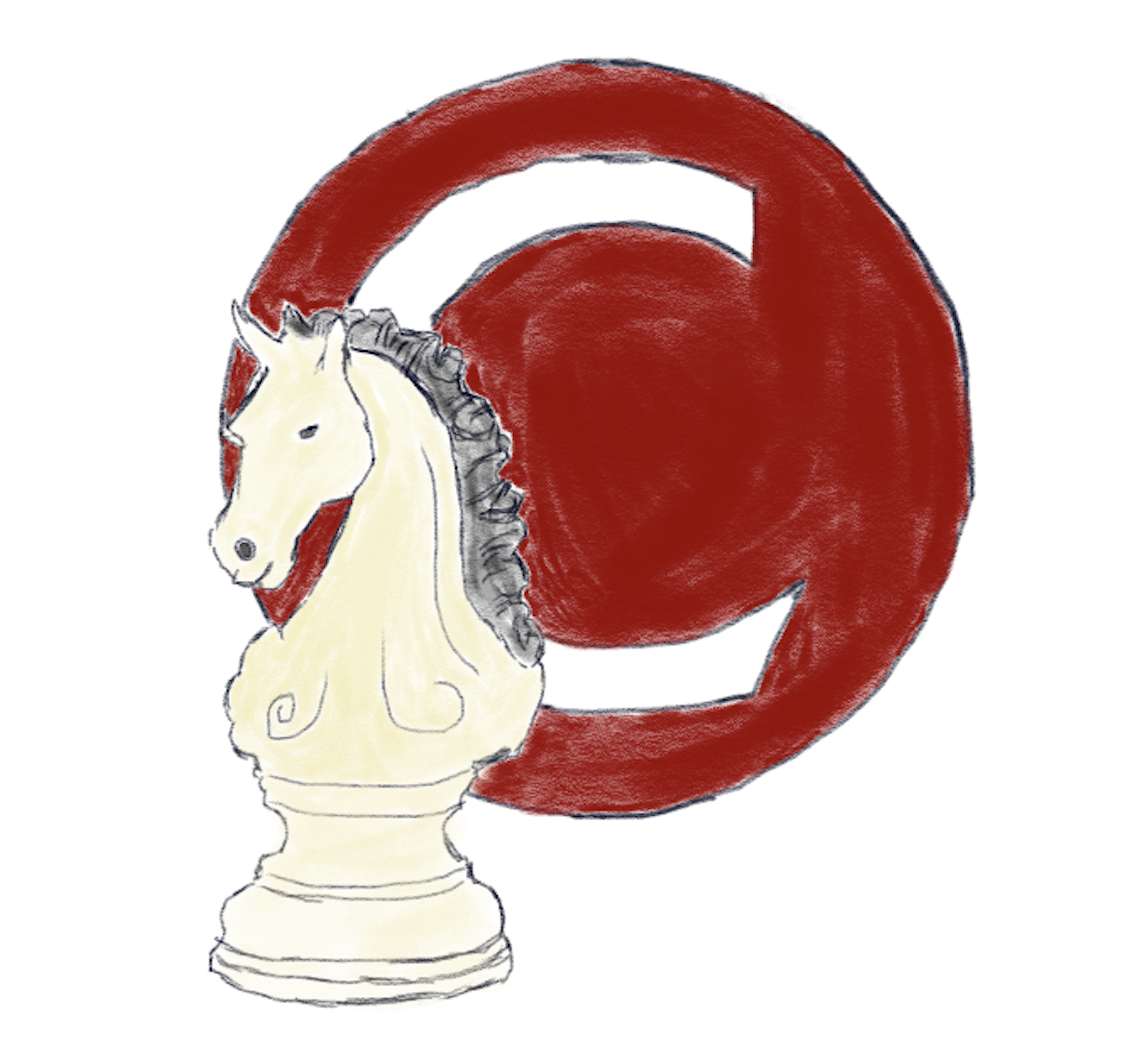Learning about life through chess.
Among all the comings and goings to the Hall building’s seventh floor is a group of students all connected by the same passion for chess. Twice a week, a little over a dozen students from the Concordia Chess Club get together to play games, socialize, and get away from the stresses of university life.
Monday and Thursday afternoons are chess time for regular and the less regular chess players of all levels. Even I, with my (very) little experience in chess, was welcomed with open arms, and offered to play with other beginner players.
Shoshana Wasserma is an executive committee member of the Concordia Chess Club. For her, chess is not only a game, but also a place to relax and forget about the stresses of life. “One of the biggest reasons I started playing chess was because I wanted a distraction from interpersonal struggles,” Wasserman said. “And I was like, man, chess is the perfect thing to throw myself into, because it can be very consuming and it can take up a lot of your mental energy.”
Calculations, thinking and creating plans in chess are all transferable skills, according to Wasserman. And this, she noted, “helps just keep [her] life a little more organized.”
Sara Salehi is a member who joined the club last fall, and she likes how it gives her the opportunity to meet with friends and catch a break. “We’re fun. We make the environment fun,” she said.
Whether you are a complete beginner (like me), or a very experienced player ready to take on Dario Martinez, the captain of Concordia’s team at the 2024 Canadian University Chess Championships, you can find someone at your level to play and have fun with.
“I think it’s a really good opportunity to practise failure in a safe space,” Wasserman said. “Because with chess, there is so much responsibility and accountability put on you as a player that, like when you blunder a piece, when something goes wrong, you know that’s on you, but you are doing it in a contained environment. So you have the opportunity to practice failure and do that in a way where you can still learn from your mistakes.”
The Concordia Chess Club regularly posts information on their Instagram and Facebook pages. However, they also welcome people who simply want to come and play chess, no matter their level.
“Come join, tell us you’re a beginner and that you haven’t played that much,” Wasserman said. “And usually what we can do is we can pair you up with other people who are also just starting out.”
